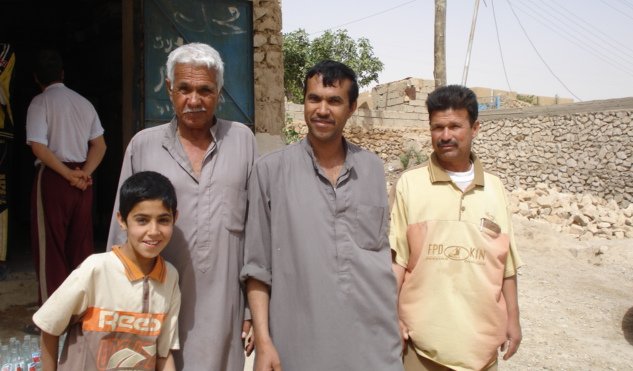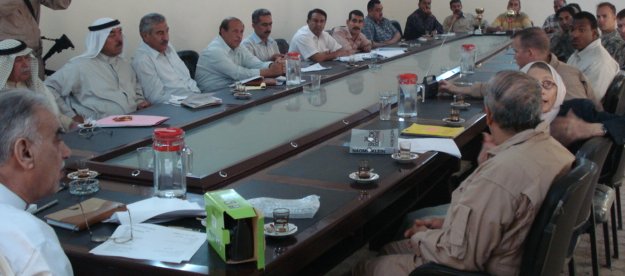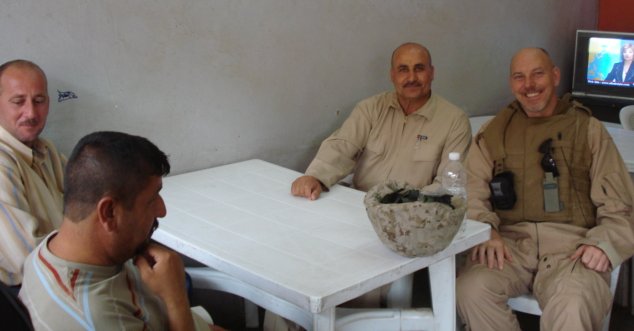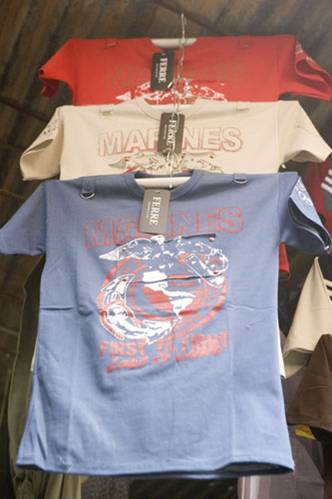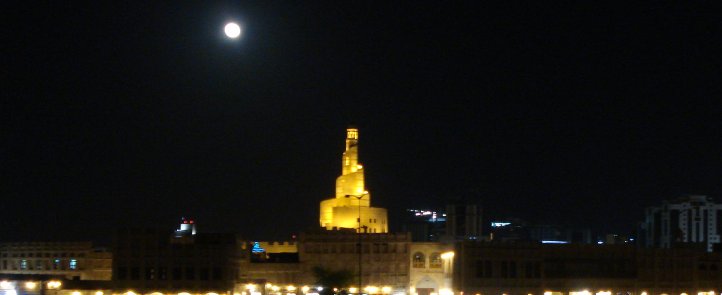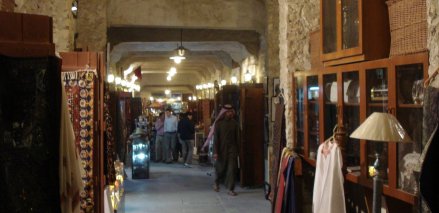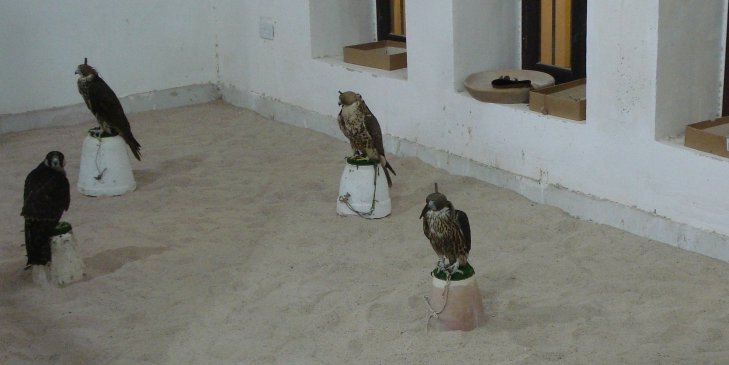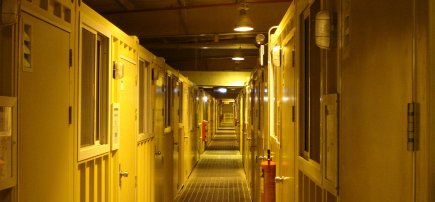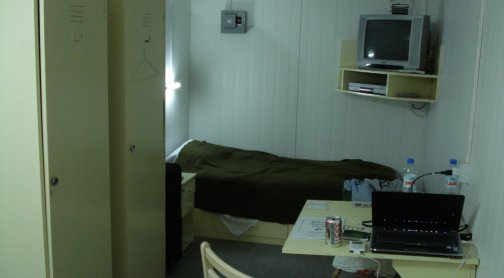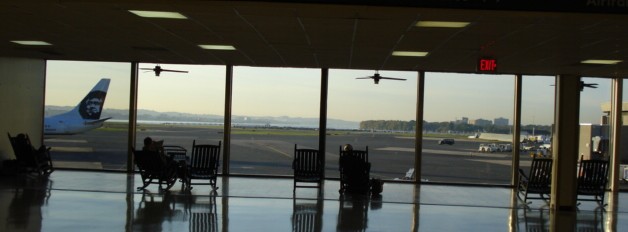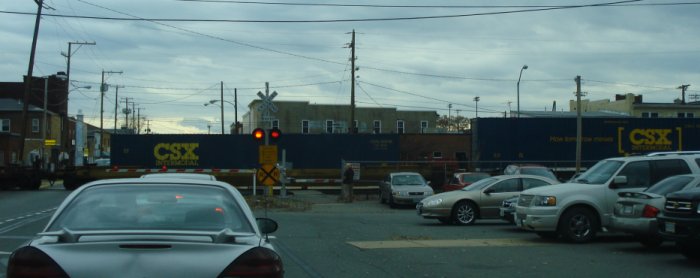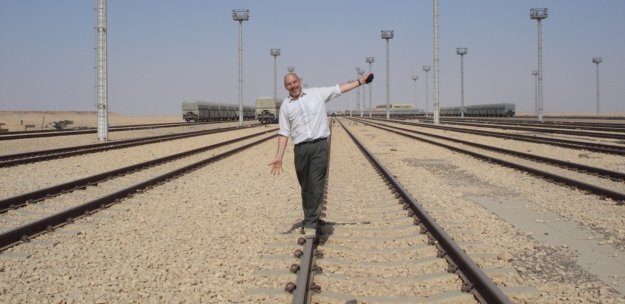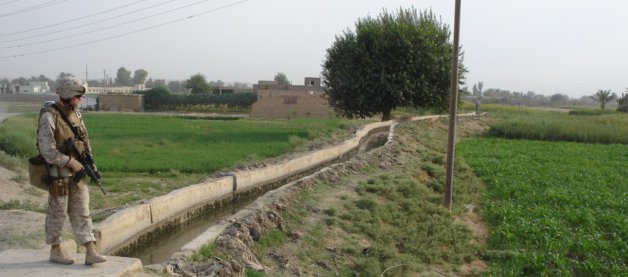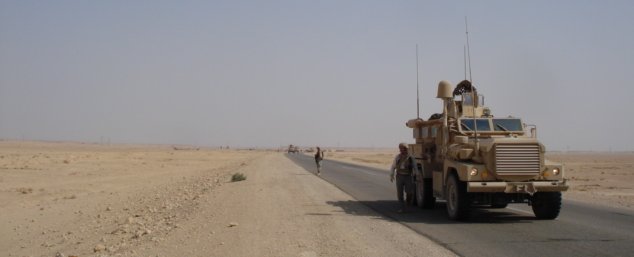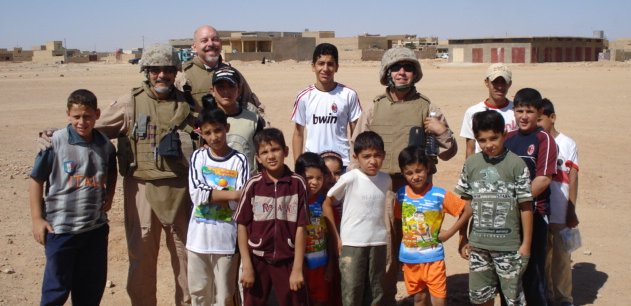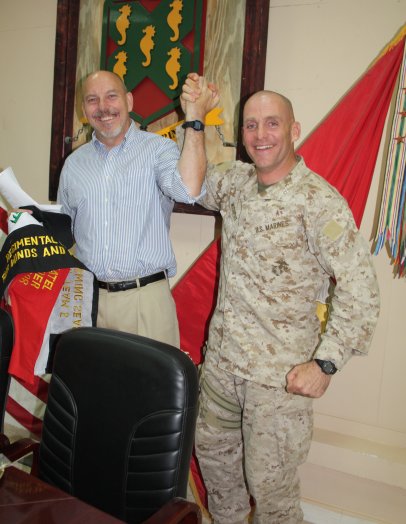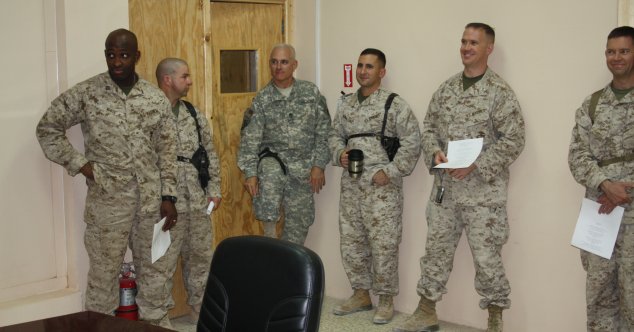As the introduction says, I am a career Foreign Service Officer who recently returned from a year in Iraq leading a provincial reconstruction team (PRT) embedded with the Marine Regimental Combat Team in Western Iraq.
PRTs are an old idea made new. My assignment was to help rebuild Western Iraq, a task much bigger than me. I had a team of seventeen (17) experts to help. I also had the cooperation of the Marines and other U.S. military stationed in Iraq and most importantly I could ride on the energy, talent and hard work of the Iraqi people in Anbar. I think we were successful. I feel a little like the rooster taking credit for the sunrise, however. I arrived in Anbar at the inflection point when the war-fighting stage was largely over and the rebuilding was beginning. The people of Anbar, with the help of the Marines and my team members, made great strides during that year and I was privileged and proud to work among them.
Let me tell you a little about how I would like to handle this talk. I propose to lay out general principles and then fill in some examples. This won’t take very long. After that, I would like to address your specific questions and concerns. A disclaimer. I am not an engineer. Leading a team called a provincial reconstruction team implies building and engineering. This is not the case. I cannot talk re specifications, materials or building methods.
What I can tell you is what I saw in Iraq with my own eyes. What I have seen may indeed make more sense to you when I describe it than it does to me. Your training gives you insights I don’t have. My eyes and your expertise may create synergy.
Our PRT was tasked with helping rebuild – or in many case just build – infrastructure in Iraq. Infrastructure is broader than roads and buildings. You know that. Infrastructure includes all those things that make a prosperous modern society possible.
Roads, Bridges etc.
We start with the obvious things like roads, bridges and railroads. W/o these things prosperity is not possible. Then we move to factories mines and office buildings. In Iraq, they had significant agricultural infrastructure in the form of irrigation and water projects. All these things are clearly classified as infrastructure and can be built almost anywhere. But there is more.
Institutions
One of the hardest tasks in any developing country is the infrastructure of institutions. We Americans often forget this because we have had a functioning country with rule of law, more or less predictable political system and functioning government bureaucracies for hundreds of years. Iraq was lacking all those things. W/o institutions, you can build all the physical infrastructure you want and still not create a modern prosperous society.
Societal Strength
Which comes first, a strong civil society or civil society institutions? I don’t think you can really determine cause and effect. They strengthen and support each other or pull each other down. A key ingredient is trust. Most of our transitions are based on trust, even those we think of as determined by law. A prosaic example is when you go into a restaurant. Your waiter trusts you pay for your meal and leave an appropriate tip. You trust him not to tack on unreasonable charges and supply decent service and food. Imagine if each transaction required you to check references and proactively defend your interests. Trust in Iraq had been sorely tested and ripped apart by Saddam Hussein, his capriciousness and his wars. The level of trust is still low and a society with a low level of trust is a weak society. You cannot build a strong society directly. It takes time.
Below – Iraq geography is like the moon with more gravity.
Environment
We often take environmental services for granted. It is like good health. You don’t miss it until it is gone. In the U.S. we suffered through the dust bowl years when we abused our environment beyond its capacity. There are other examples, but the dust bowl is appropriate because that is what Iraq suffers. Dust storms are part of the natural arid environment, but the fantastic dust storms I saw are the result of long term human degradation. We started to help rebuild this infrastructure.
Human Capital
The most important part of infrastructure is human capital. These are the technical skills, work habits, managerial capacity, entrepreneurial dexterity and even the good health of the people themselves.
Human capital is harder to build and more important than physical capital. My father was in the Army Air Corps during World War II. They bombed German cities to rubble. When I went to Germany as a student, he asked me if they had rebuilt. It seemed to me like a silly question, but it wasn’t. Many countries that were underdeveloped twenty years ago are still underdeveloped today. Germany was completely devastated in 1945, yet ten years later the western half at least was among the world’s most prosperous countries. People build and run things. That simple fact is often overlooked by those who think they can just buy or give prosperity.
Or think of the more pop example. In the old television show MacGyver, the lead character would go into a situation with almost no tools. He would make what he needed out of simple kitchen ingredients or thing he found lying around. This is the power of human intelligence in real (Germany) and fictional examples.
Iraq suffered mightily from the destruction of its human capital. Millions of its best and brightest citizens fled the country during the decades of Saddam’s tyranny. Many more never acquired the skills of a modern society because of the mismanagement and underinvestment in the education system and lack of opportunities. Iraq during the dictatorship went from being one of the most skilled and literate countries in the region to being one of the worst. Finally, the recent war and unstable conditions made refugees of millions, many have still not returned. This is the longest term and most difficult problem that must be addressed. Money can buy the beginning of a solution, but only time can bring it to fruition.
Let me give you some specific examples of each of the categories. I want this part to be conversational. Please feel free to ask questions as I talk.
